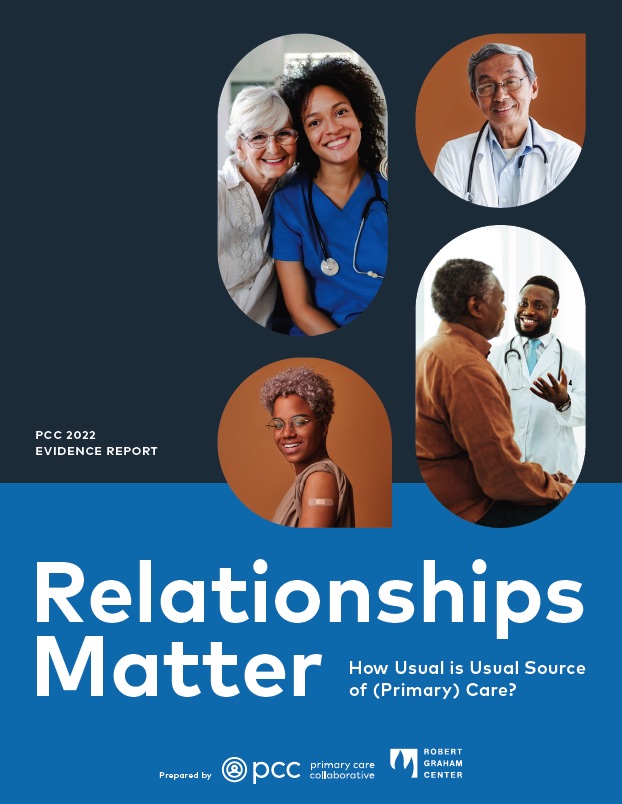Telehealth technologies have the potential to contribute to safe, high-quality primary care particularly if utilized in coordination with an individual’s medical home. PCC and the Better Health – NOW Campaign support key provisions of the Telemental Health Access Act discussion draft including those described below:
- PCC supports removing the requirement for in-person visit for tele-mental health visits and leaving the decision of the appropriate modality of tele-mental health care to the professionalism and training of the care team and the patient.
- PCC supports provisions enabling primary care practices to rely on audio-only telemental health services beyond the pandemic.
- PCC urges the Committee to work with CMS to limit the burden on practices associated with any modifier.
- PCC supports requiring the Secretary of HHS to issue guidance on provision of Medicare telehealth services for individuals with limited English proficiency.




